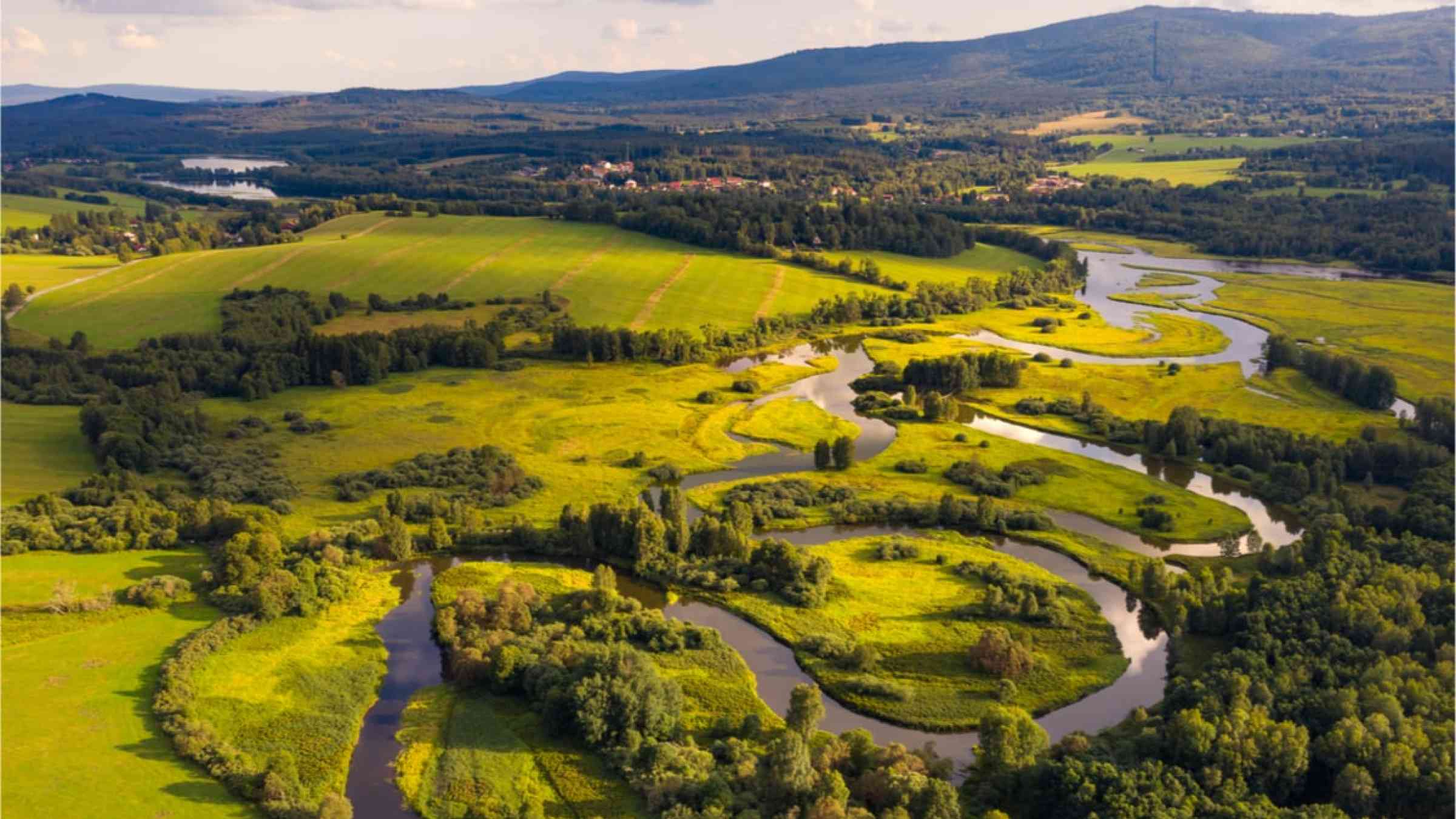Nature-based solutions can play an important role in reducing vulnerabilities to climate change across the rural Global South

A new paper by the NbSI team and lead by group member Stephen Woroniecki is out now in the journal Climate and Development, and it evaluates how nature-based solutions(NbS) are increasingly addressing societal challenges while also helping communities adapt to climate change. The article titled, Contributions of nature-based solutions to reducing people’s vulnerabilities to climate change across the rural Global South, evaluated 85 nature-based interventions and analyzed factors mediating their effectiveness.
NbS can be utilized to address a wide range of societal challenges, such as climate change mitigation, food security and water security. A well-designed NbS can also be more holistic and integrative in approach than a similar adaptation which focuses solely on infrastructure changes.
While working with and enhancing nature to address societal challenges has become increasingly integrated into the way we adapt to climate change, few studies examine the mechanisms through which this is achieved. In this study the team considered a wide variety of ecosystems, climate impacts and interventions. They then applied a framework to analyze people’s social-ecological vulnerability to climate change. Their results found that 95% of interventions showed a reduction in overall vulnerability, with the largest influence being reduction in sensitivity to climate impacts, which encapsulated 73% of interventions.
It was also found that 52% of intervention reduced social sensitivity, 36% reduced ecological exposure, 31% increased social adaptive capacity, 19 % increased ecological adaptive capacity, and 14% reduced social exposure. Through highlighting the presence of this diverse range of vulnerability reducing factors, it suggests that previous conceptualizations of social-ecological vulnerability focused heavily on ecological pathways may have missed important aspects of how NbS can shape social vulnerability.
In order to ensure that NbS are effective, equitable, and sustainable, we must continue to take into consideration key social indicators . While the environmental factors of the intervention are important, the study concluded that social dimensions of NbS are important mediating factors for the equity and effectiveness of its implementation.